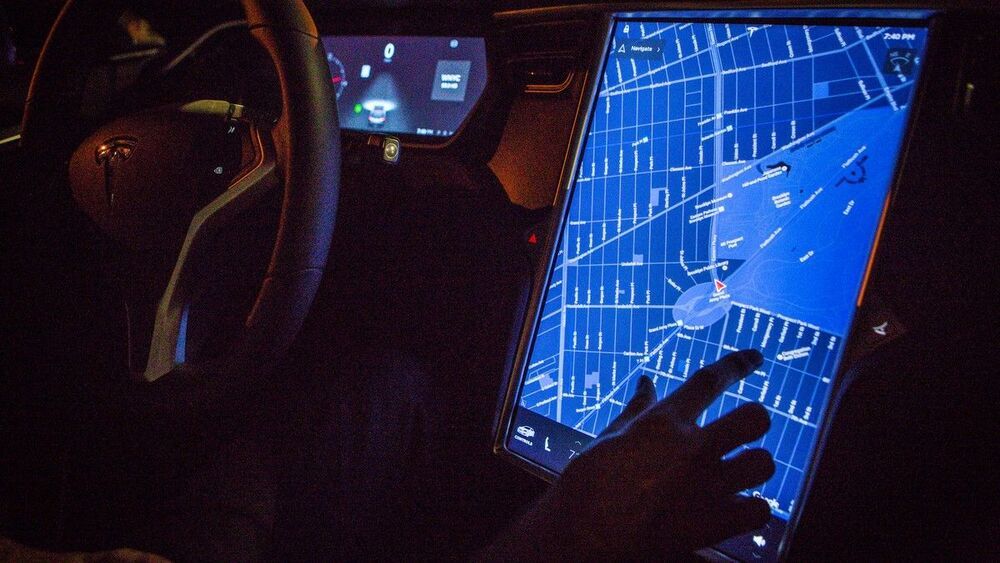Researchers at MIT and the University of Waterloo have developed a high-power, portable version of a device called a quantum cascade laser, which can generate terahertz radiation outside of a laboratory setting. The laser could potentially be used in applications such as pinpointing skin cancer and detecting hidden explosives.
Until now, generation of terahertz radiation powerful enough to perform real-time imaging and fast spectral measurements required temperatures far below 200 Kelvin (−100 degrees Fahrenheit) or lower. These temperatures could only be achieved with bulky equipment that limited the technology’s use to a laboratory setting. In a paper published in Nature Photonics, MIT Distinguished Professor of Electrical Engineering and Computer Sciences Qing Hu and his colleagues report that their terahertz quantum cascade laser can function at temperatures of up to 250 K (−10 degrees Fahrenheit), meaning that only a compact portable cooler is required.
Terahertz quantum cascade lasers, tiny chip-embedded semiconductor laser devices, were first invented in 2002, but adapting them to operate far above 200 K proved to be so difficult that many people in the field speculated that there was a fundamental physical reason preventing it, Hu says.








